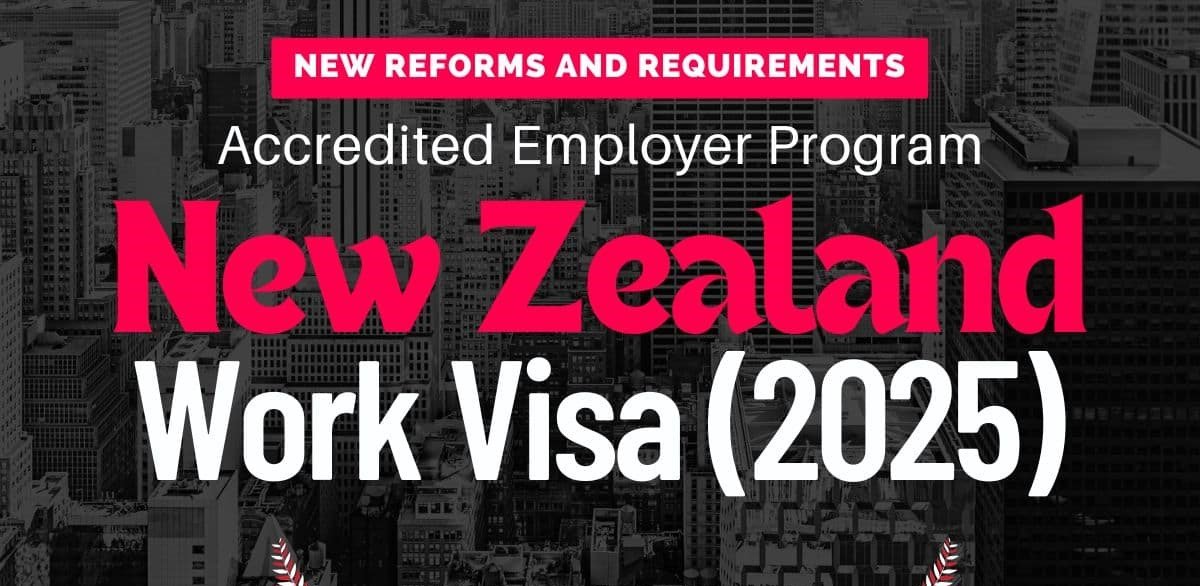
Public sector strikes in Portugal have impacted AIMA services, with the civil servants’ union reporting a 90% participation rate. However, the main AIMA office in Lisbon continued to operate as usual, while all services in Cascais were halted.
A public servants’ strike organized by the National Union of Workers in Services and Public Purpose Entities (STTS) on Thursday (10/31) had varying impacts on the different AIMA offices.
At AIMA’s primary service location on Avenida António Augusto de Aguiar in Lisbon, operations continued as usual, with no employees participating in the strike. Meanwhile, at the Anjos neighborhood office, only the Finance service was unavailable, preventing visitors from obtaining their tax identification number (NIF) or a declaration of address.
The AIMA office in Cascais experienced a different scenario, as it remained closed and all appointments will need to be rescheduled.
In the union’s view, the strike was a success, with Matilde Pereira, general secretary of STTS—one of the unions vying to represent public employees—reporting a 90% participation rate overall.
When asked about AIMA’s operations, where some locations remained open, Matilde noted that she lacked specific information. “We cannot provide details about each service,” she stated.
She criticized the pressure being applied against the right to strike, stating, “Certain public entities have jeopardized our strike,” citing the regional governments of the Azores and Madeira as examples.
Matilde announced that the next phase of their campaign will involve another strike planned for Monday, November 4. “We will participate in the strike organized by our federation, FESINAP (National Federation of Independent Unions of Public Administration and Entities with Public Purposes),” she stated.
The civil servants’ primary demands include restoring salary purchasing power in light of inflation, a daily food allowance of 10 euros (approximately R$ 60), a review of career advancement policies, and the acknowledgment of previously uncounted time for career progression.
Additionally, there are specific requests such as establishing a statute for educational personnel working in schools and providing risk allowances for operational assistants and health support staff in the National Health Service. The Government did not respond when contacted by PÚBLICO Brasil.

















